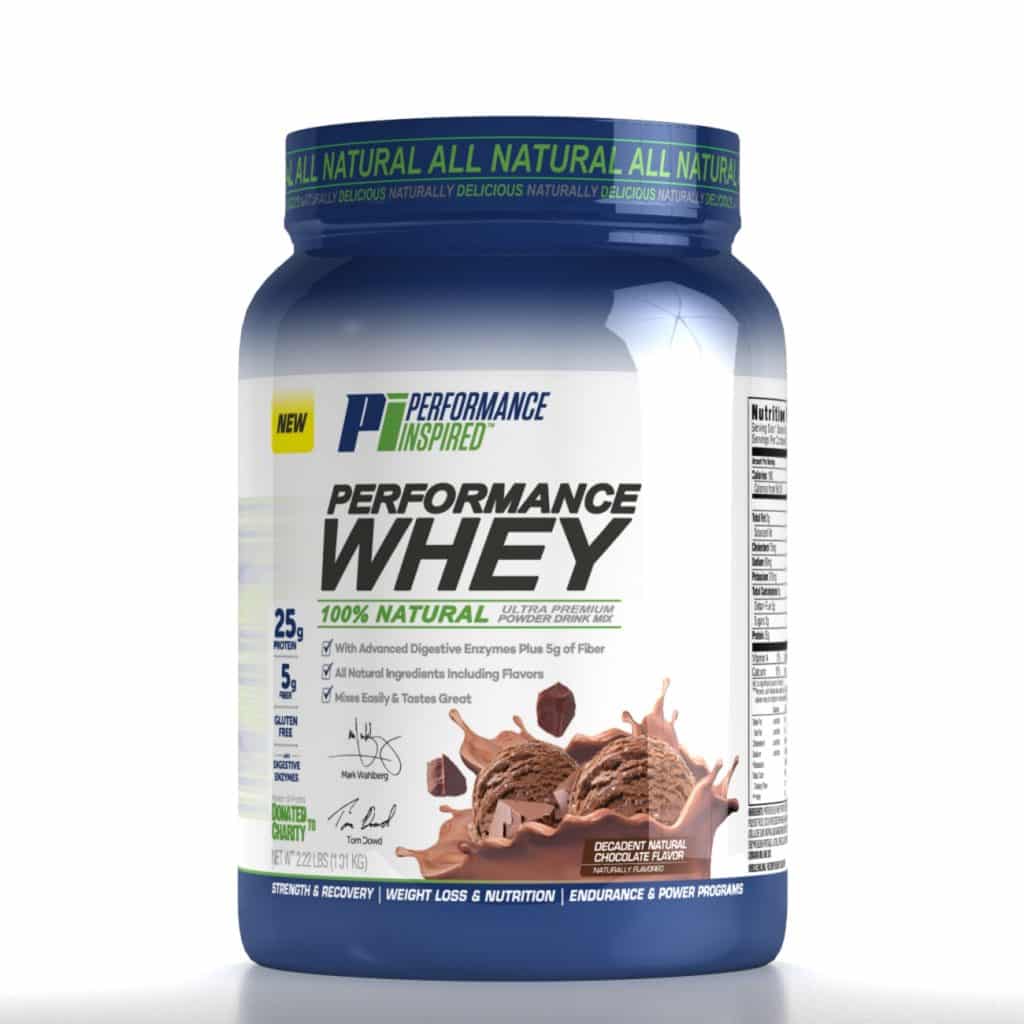Whey protein has surged in popularity in recent years, often associated with muscle building and athletic performance. But a pressing question remains: can whey protein be taken without exercise? This inquiry not only reveals a common fascination with the superfood but also opens a Pandora’s box of insights into dietary choices and fitness paradigms. Let’s dive deeper into this topic, examining the myriad dimensions where whey protein intersects with our health and lifestyle.
Whey protein is derived from milk during the cheese-making process. It’s a complete protein, meaning it contains all nine essential amino acids necessary for human health. This nutrient-dense profile has made it a staple among fitness enthusiasts and those looking to augment their protein intake. The allure of whey protein goes beyond its muscle-building potential; it’s believed to facilitate weight loss, improve satiety, and even enhance immunity. However, many people wonder whether its benefits can be reaped without a concomitant commitment to exercise.
One of the primary reasons people gravitate toward whey protein is its ability to assist in weight management. The protein provides a sense of fullness, which can help curb unnecessary snacking and reduce overall calorie intake. For those embarking on a weight loss journey without engaging in rigorous exercise, incorporating whey protein into their diet can be a strategic move. When paired with a balanced diet, it can streamline the body’s adaptation to fat loss, even in the absence of physical activity.
Research suggests that protein consumption can indeed promote fat loss, primarily by boosting metabolic rate and preserving lean muscle mass. When calories are scarce, the body tends to break down muscle for energy. Consuming adequate protein, such as whey, can mitigate this muscle catabolism, thus enabling the body to shed fat more efficiently, even without high-intensity workouts. This phenomenon fuels the belief that whey protein is a valuable ally for those maintaining a sedentary lifestyle.
Moreover, the convenience of whey protein supplements is another appealing aspect. For individuals with busy schedules or those who find it challenging to prepare protein-rich meals, whey protein powder offers an expedient solution. A shake can be crafted in minutes and enjoyed on-the-go. This ease of preparation aligns perfectly with the modern lifestyle, where quick fixes are often the norm. However, it is crucial to understand that this should not replace whole foods entirely, as a varied diet provides a spectrum of nutrients essential for overall well-being.
Caloric control is another compelling argument for incorporating whey protein without exercise. Many individuals find success with weight management by meticulously tracking their intake. In this context, whey protein serves as a means of achieving a higher protein percentage in their daily caloric consumption. It can replace less nutrient-dense snacks or meals, assisting in maintaining a healthier diet devoid of excess sugars and unhealthy fats. As a result, individuals who include whey protein in their nutrition may experience both qualitative and quantitative improvements in their dietary habits.
However, the efficacy of whey protein in promoting overall health is not solely dependent on exercise. The importance of lifestyle factors—including sleep, stress management, and dietary patterns—cannot be understated. Stress, for instance, can lead to hormonal fluctuations that affect appetite and eating behaviors. A balanced diet rich in protein may help stabilize blood sugar levels, thus reducing cravings and emotional eating—a phenomenon often exacerbated by high-stress situations.
Yet, it is imperative to approach the consumption of whey protein with caution and understanding. Not all individuals will respond similarly to protein supplementation, especially if they have specific dietary restrictions or allergies, such as lactose intolerance. For those who cannot tolerate whey, alternative protein sources like plant-based options should be considered. These alternatives can still provide the benefits of protein intake without the associated digestive discomfort.
In conclusion, while the conventional wisdom links whey protein consumption predominantly with exercise, it can also be an asset for individuals who do not follow a regular workout regimen. Engaging with whey protein mindfully allows for the potential benefits of weight management and improved satiety without the requisite physical exertion. Ultimately, it emphasizes the pivotal role of nutrition and conscious dietary decisions in achieving health goals.
The exploration of whey protein as a supplement highlights not just physiological benefits, but also the psychological and lifestyle implications of our dietary choices. Whether you are exercising or not, reconsidering how you approach your nutrition can yield profound changes in your overall health and wellness journey. As we continue to navigate the complexity of dietary needs and health trends, whey protein advocates remind us that flexibility and adaptation are crucial components in the pursuit of a healthier lifestyle.
